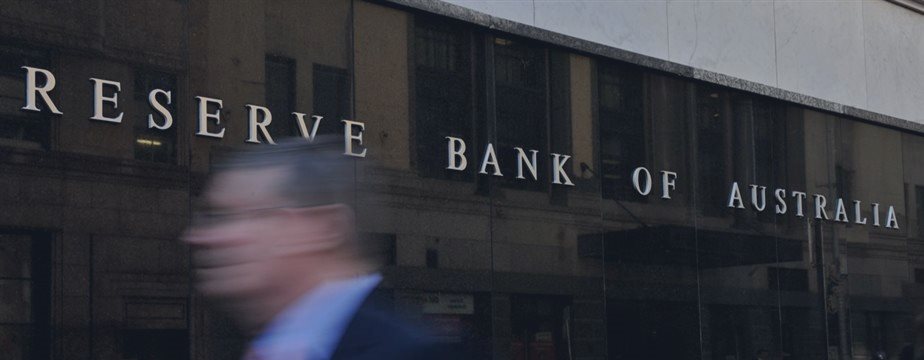
Will yuan cannibalize Aussie after entering IMF reserves? - RBA responds.
The Reserve Bank of Australia said its currency’s place as a global store
of value will not be endangered after China's yuan enters International Monetary Fund
reserves. Moreover, official data has indicated that the Aussie reserves rise as the currency slides.
The Aussie is not a substitute for the yuan and the former's inclusion in the IMF basket of reserve currencies won’t damage flows into Australian debt "any time soon," said Guy Debelle, assistant governor at the Reserve Bank of Australia at the Bloomberg Summit in Sydney.
The Australian dollar makes up 1.9% of the $6.7 trillion in the reserves of global managers who unveil details on their holdings. Debelle said the move into the Aussie was a way of turning from Group of Three currencies - the U.S. dollar, the euro and the yen.
Debelle said that Aussie is being held for other reasons in their portfolios, not as a substitute for the yuan:
"It’s a diversification strategy away from basically, I would say, the G-3 in terms of reserves. I don’t see the renminbi as sort of cannibalizing that demand."
Although the Aussie has fallen about 30%t over the past three years, its
share of reserves has risen from 1.5% at the end of 2012 when
the IMF began to release such data.
Managers have been attracted by the country ’s AAA sovereign rating, liquid currency and deep government bond market. Central banks willing to hold the Chinese currency have been able to do so for some time, with the RBA allocating 5% to yuan, Debelle said.
According to official data, offshore
investors held about 65% of the A$410 billion ($291 billion) in
outstanding Australian government securities in June.
China possibly controls as much as 80% of the A$86 billion in Australian sovereign debt in the hands of Asian emerging-market currency managers, JPMorgan Chase & Co. said in a September research note.
Yuan as reserve
The IMF said
it will add the yuan as the fifth currency in its Special Drawing
Rights basket this month, with a vote on the matter due on November 30.
Standard
Chartered said that the endorsement will add up to $1.1 trillion into the nation in
the next five years.
Such banks as Credit Suisse Group and BNP Paribas have said that the Australian dollar may be injured by diversification into the yuan.
China is Australia's biggest trading partner, with the former buying about a third of its merchandise exports in 2014. That’s tightly connected the fortunes of Australia’s economy and markets to China. Someone even speculated that the Aussie has been stored as a proxy for the less-liquid and not freely floated yuan.
Australia's central bank said in 2013 that it was going to invest about 5% of its foreign currency reserves in China. Deputy Governor Philip Lowe said then it would be the first time the central bank invested directly in a sovereign bond market of an Asian nation other than Japan.
An August IMF
report that included examining the international use
of the yuan indicated that the Chinese currency accounted for 1.1% of
official foreign-currency assets including reserves in 2014. In comparison, the Aussie accounted for 2.1%.


